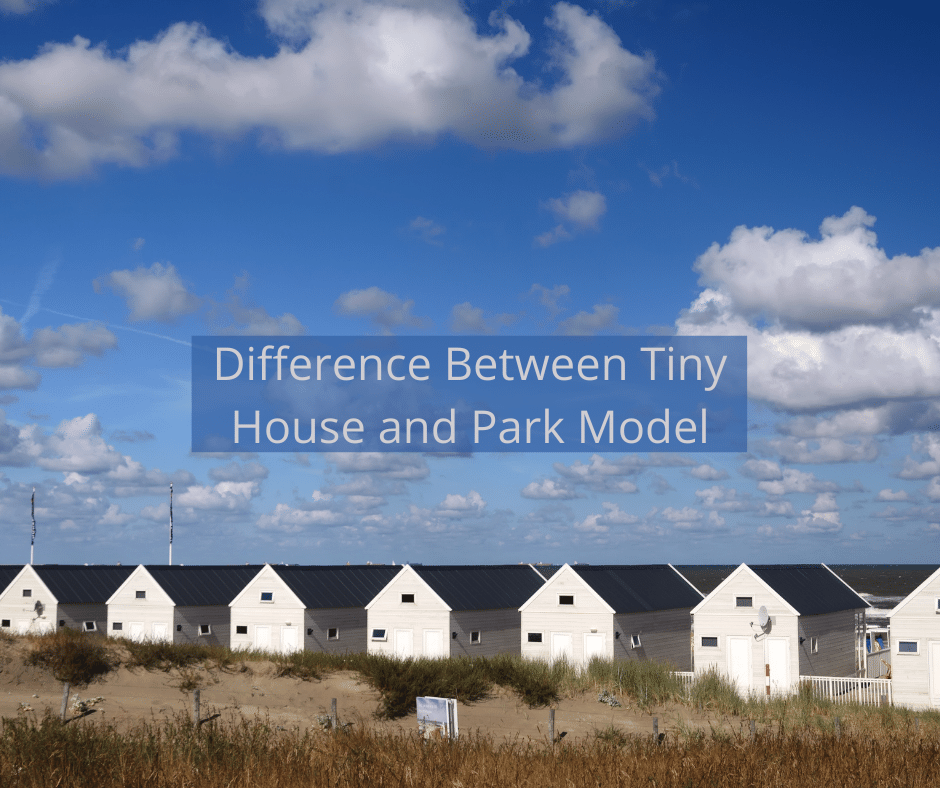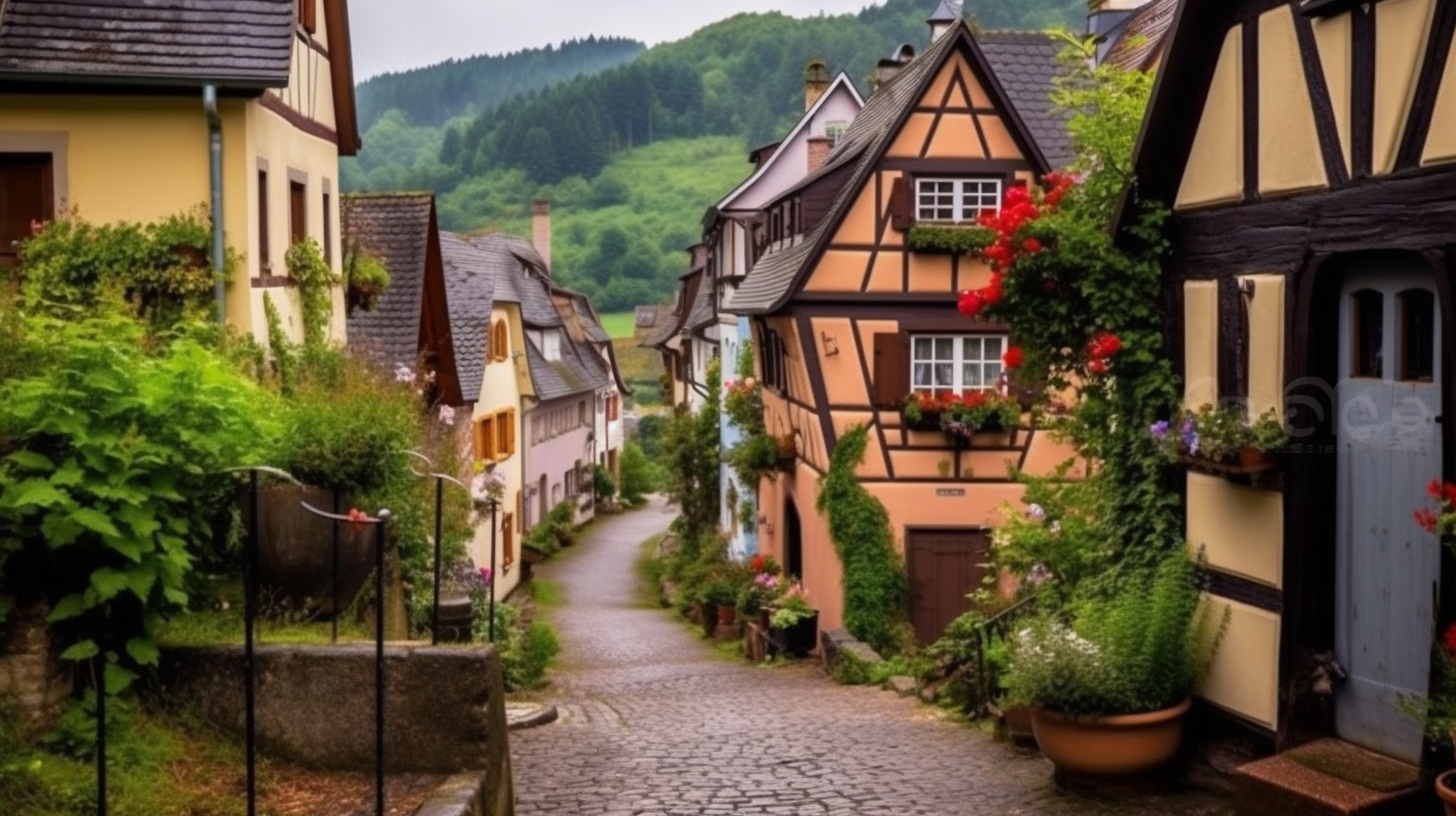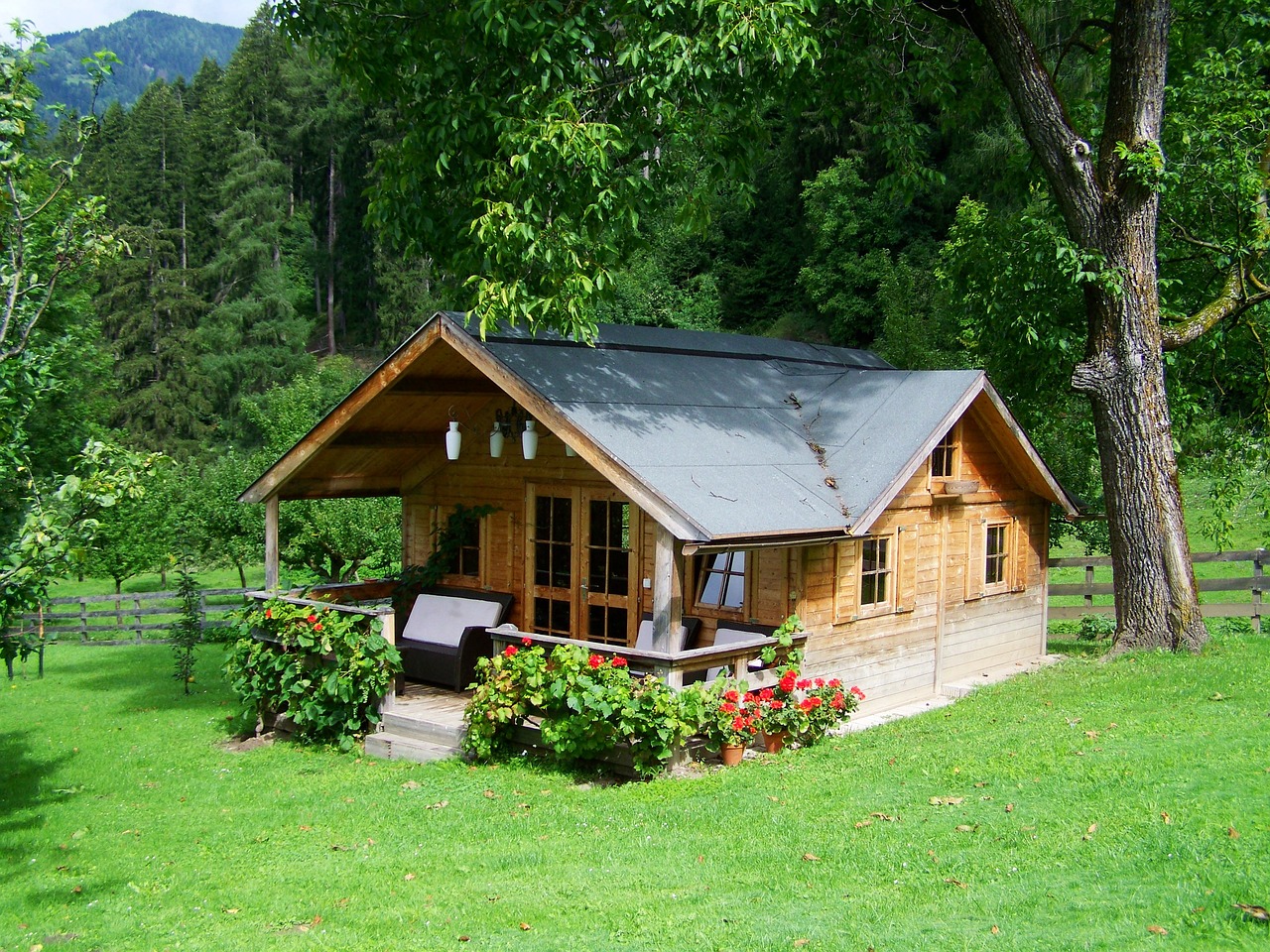I have some exciting news to share with you: plumbing is actually quite common in tiny houses! Recent surveys show that over 90% of tiny house owners have some type of plumbing system in their small homes.
This means that even in the smallest of spaces, you can enjoy the convenience and comfort of running water and efficient waste management.
In this article, we will explore the benefits, challenges, and popular options for incorporating plumbing into your tiny house design.
Key Takeaways
- Over 90% of tiny house owners have plumbing installed in their homes, indicating the widespread adoption of plumbing in tiny houses.
- Plumbing in a tiny house offers the convenience of having running water indoors, allowing for a functional bathroom and kitchen.
- The installation of plumbing in a tiny house increases comfort, livability, hygiene, and sanitation.
- Plumbing options for tiny houses include traditional systems, composting toilets, tankless water heaters, water filtration systems, and greywater recycling systems.
The Benefits of Plumbing in a Tiny House
One of the main benefits of having plumbing in my tiny house is that it allows me to have running water and a functional bathroom. This is highly advantageous for several reasons.
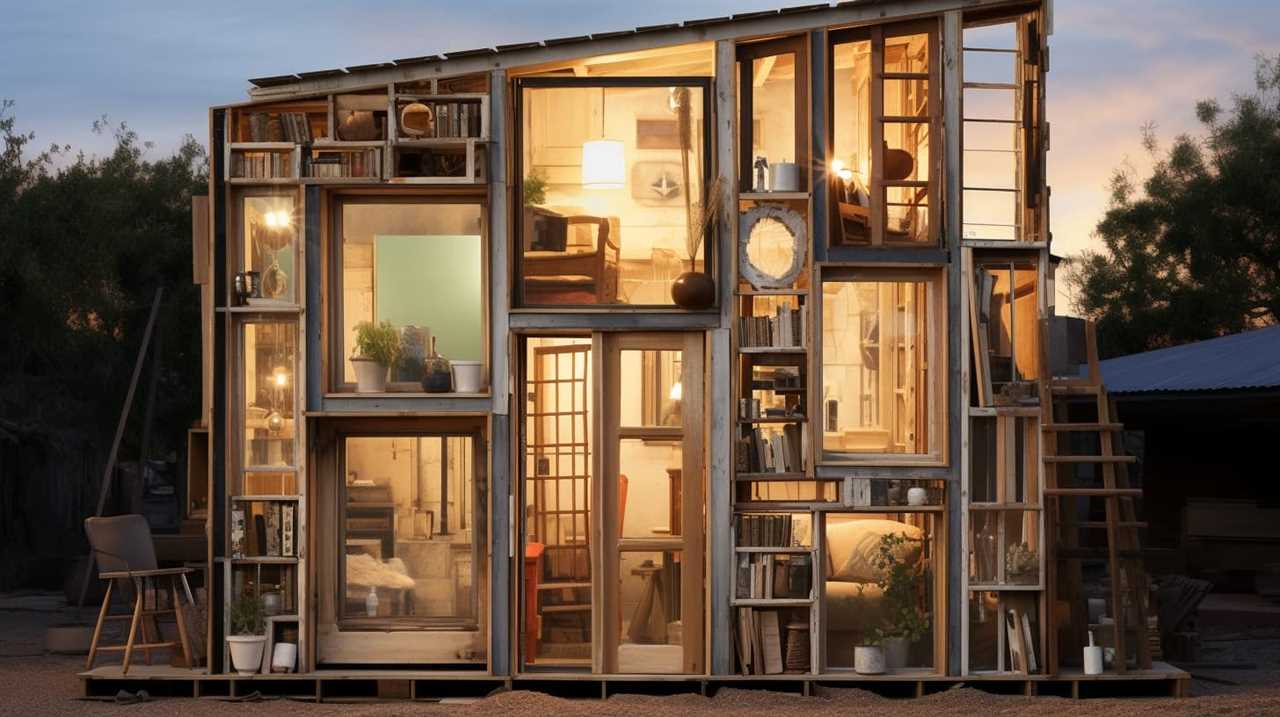
Firstly, it provides convenience and comfort, as I no longer need to fetch water from an external source or use portable toilets. I can simply turn on a faucet and have access to clean water for cooking, cleaning, and personal hygiene.
Additionally, having plumbing in my tiny house is cost-effective in the long run. While the initial installation may require an investment, the savings in terms of time, effort, and money spent on alternative solutions make it a worthwhile investment.
Furthermore, plumbing enhances the overall value and appeal of my tiny house, making it more appealing to potential buyers or renters.
Challenges and Considerations for Tiny House Plumbing
There are several challenges and considerations that I’ve encountered when it comes to plumbing in my tiny house, but with careful planning and proactive maintenance, these obstacles can be overcome.
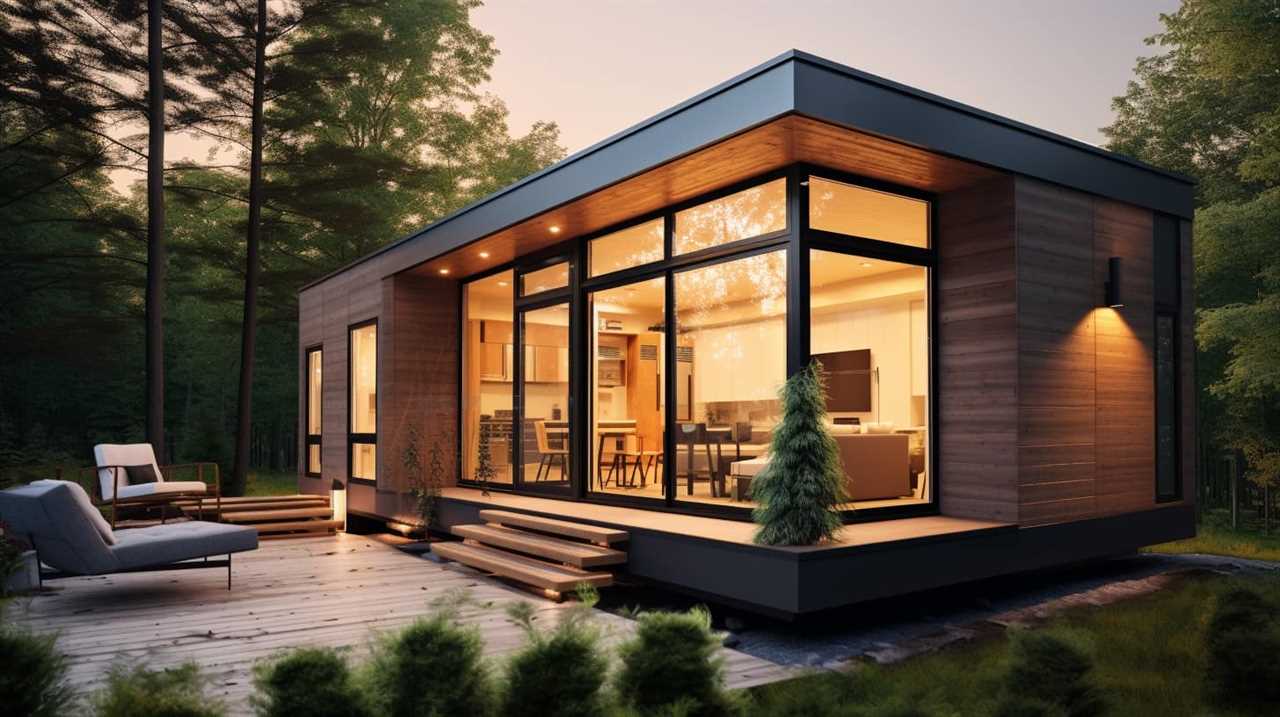
One of the main challenges is finding unique plumbing solutions that maximize space while still meeting plumbing regulations. Tiny houses often have limited space, so traditional plumbing systems may not be feasible. However, there are innovative options available, such as composting toilets and compact water heaters, which can help conserve space and still provide essential plumbing functions.
Additionally, it’s important to be aware of plumbing regulations specific to tiny houses, as they may differ from those for larger homes. By understanding and adhering to these regulations, it’s possible to create a functional and compliant plumbing system in a tiny house.
With these considerations in mind, let’s now explore some popular plumbing options for tiny houses.
Popular Plumbing Options for Tiny Houses
When it comes to plumbing in tiny houses, alternative plumbing solutions are often sought after. One popular option is the use of composting toilets, which eliminate the need for water and allow for a more sustainable and cost-effective plumbing system.
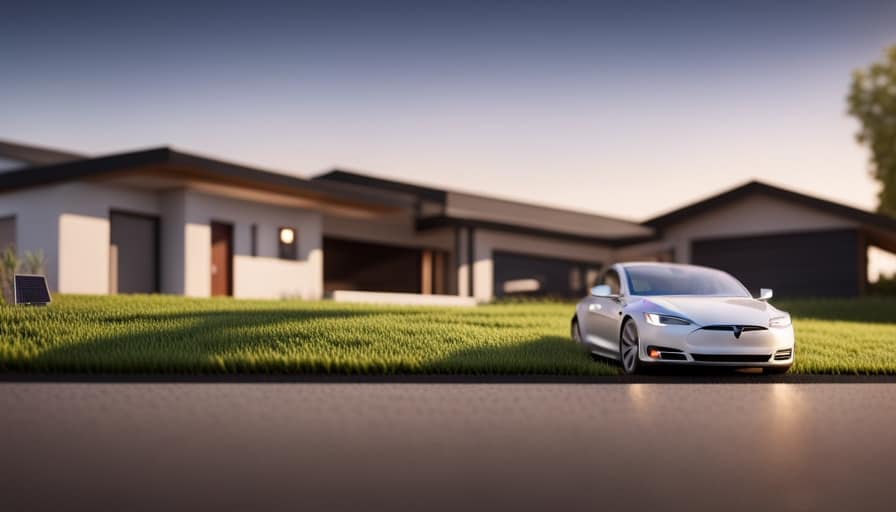
Another option is the use of compact tankless water heaters, which take up less space compared to traditional water heaters. These tankless water heaters provide hot water on demand, eliminating the need for a large storage tank.
Additionally, low-flow fixtures such as faucets and showerheads can help conserve water and reduce water usage in a tiny house.
Real-Life Examples of Tiny Houses With Plumbing
I’ve seen firsthand how tiny houses can have fully functional plumbing systems. Here are some real-life examples of tiny houses with plumbing:
-
The Off-Grid Oasis: This tiny house is equipped with a solar-powered water pump and a rainwater collection system. It complies with plumbing regulations by using a composting toilet and a greywater filtration system.

-
The DIY Dream: This tiny house owner took on the challenge of installing their own plumbing system. They carefully followed plumbing regulations, using PEX pipes and fittings for water supply lines and a gravity-fed septic system for waste disposal.
-
The Mobile Marvel: This tiny house on wheels features a compact yet efficient plumbing system. It utilizes a tankless water heater for hot water on demand and a macerating toilet to eliminate the need for a traditional sewer hookup.
These examples showcase the versatility and ingenuity of tiny house owners when it comes to implementing plumbing solutions while adhering to plumbing regulations. Whether it’s through innovative off-grid setups or DIY plumbing projects, these homeowners have found ways to make tiny house living comfortable and convenient.
Expert Tips for Incorporating Plumbing Into Your Tiny House Design
When designing a tiny house, I highly recommend considering these expert tips for incorporating plumbing into your design.
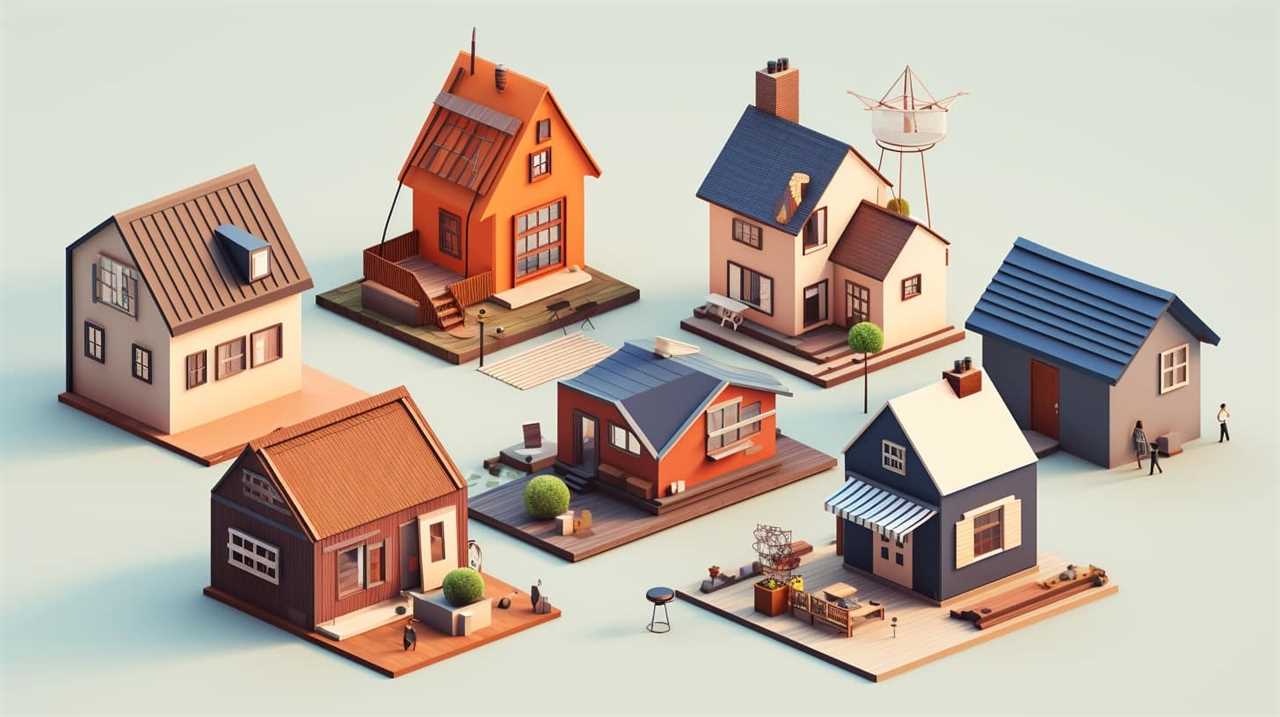
One important aspect to consider is incorporating space-saving plumbing solutions. In a tiny house, every inch of space matters, so it’s crucial to maximize efficiency.
One option is to use PEX piping, which is flexible and can be easily installed in tight spaces. Another space-saving technique is to use a tankless water heater instead of a traditional water heater. These compact units provide hot water on demand and take up minimal space.
Additionally, DIY plumbing in tiny houses is becoming increasingly popular among tiny homeowners. However, it’s important to have a good understanding of plumbing systems and local building codes before attempting any DIY projects.
Consulting with a professional plumber is always recommended to ensure the plumbing is installed correctly and meets all safety requirements.
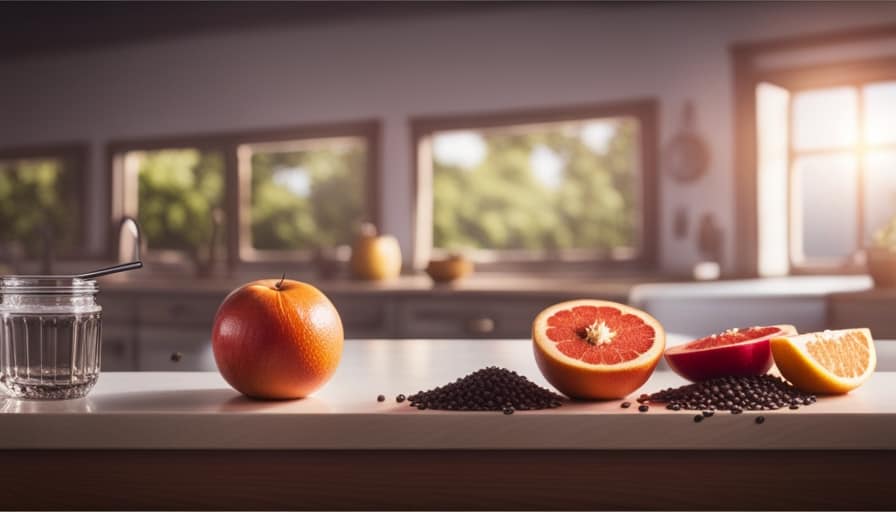
Frequently Asked Questions
How Much Does It Typically Cost to Install Plumbing in a Tiny House?
Typically, the cost to install plumbing in a tiny house can vary depending on factors such as materials, labor, and complexity. Cost considerations include the need for water supply, drainage, and water heater installation. There are pros and cons to having plumbing in a tiny house, such as increased convenience and functionality, but also the potential for higher upfront and maintenance costs.
What Are Some Alternative Options for Plumbing in a Tiny House if Traditional Plumbing Is Not Feasible?
I’ll discuss alternative plumbing options for tiny houses and the challenges of installation. Composting toilets, greywater systems, and portable water tanks are viable options. Limited space and access to utilities can make traditional plumbing difficult.
Are There Any Specific Building Codes or Regulations That Govern Plumbing in a Tiny House?
Building code requirements and plumbing regulations for tiny houses vary depending on the jurisdiction. It is crucial to research and comply with local codes to ensure proper installation, safety, and functionality of plumbing systems in a tiny house.
Can a Tiny House Be Connected to a Municipal Water Supply or Does It Require a Separate Water Source?
Connecting a tiny house to a municipal water supply is possible, but it’s not the only option. Some tiny house owners prefer rainwater harvesting for plumbing, while others explore composting toilets as an alternative. Let’s dive into the pros and cons.

What Are the Maintenance Requirements for Plumbing in a Tiny House, and Are They More or Less Demanding Compared to a Traditional House?
Maintenance tips for plumbing in a tiny house include regular inspections, checking for leaks, and keeping pipes insulated. Different plumbing systems have pros and cons, such as simplicity with a composting toilet but the need for water storage.
Conclusion
In conclusion, plumbing in a tiny house isn’t only common but also essential for a comfortable and functional living space. It offers numerous benefits, including access to clean water, proper sanitation, and convenience.
However, challenges and considerations such as limited space and plumbing installation options need to be taken into account. By exploring popular plumbing options and learning from real-life examples, individuals can successfully incorporate plumbing into their tiny house designs.
With expert tips and careful planning, a tiny house can have efficient and reliable plumbing systems.



